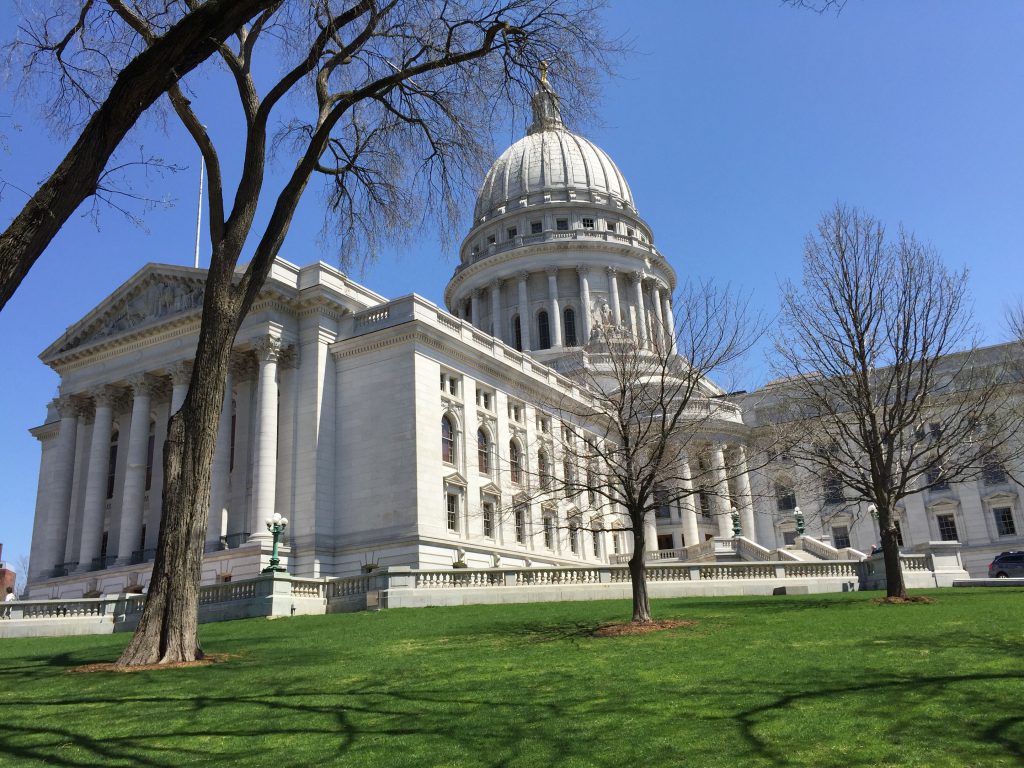State Faces $2.1 Billion Budget Shortfall
And it could grow even bigger in the next six months, new report warns.
The report by the non-partisan Wisconsin Policy Forum refers to “The Coming Storm” and notes the challenges Gov. Tony Evers faces in planning his next budget. They include”slowing state tax collections, and the spending pressures created by an ongoing pandemic and increased demand for social services.”
All of which adds up to a lot of red ink, a projected shortfall of $2.059 billion for the 2021-2023 biennial budget.
It includes a “structural deficit” of $373 million, the amount state spending is projected to outstrip revenue, a shortfall of more than $1.1 billion in Medicaid expenses, a potential $282 million increase in school spending and a 1% increase in other state spending totaling $254 million. That is, unless lawmakers cut expenses, raise taxes or get a boost in federal aid.
And that’s a bare bones budget. The shortfall could grow if the state allocates more money for the major budget categories like the UW-System or prisons or it spends “the $541 million proposed by Evers or $100 million proposed by Republicans on a COVID-19 response this year,” the report notes.
The only good news: the state is projected to have more than $2 billion in reserves (about half of it general fund reserves and half “rainy day” funds) when the current fiscal year ends in June. This would cover the bare bones shortfall, but not any additional spending in this fiscal year.
So more than likely some of the general reserve fund would be depleted during this fiscal year. As for the rainy day funds, Republicans who control the Legislature would likely oppose tapping into all of this, though it’s hard to imagine a bigger emergency that the greatest pandemic in a century.
Congress is now discussing another stimulus package, which could give states millions of dollars to help stave off their budget problems. But it remains to be seen whether such legislation will pass a divided Congress – and what it will include.
Under any scenario, however, “there is little question… that state officials will face difficult choices next year as they seek to overcome the budget gap and the dire effects of COVID- 19,” the report notes.
Evers will present his budget on Feb. 16 and the Legislature will spend the spring and early summer debating and rewriting it. Evers can then reshape it using the governor’s partial veto power.
Murphy's Law
-
Top Health Care Exec Paid $25.7 Million
 Dec 16th, 2025 by Bruce Murphy
Dec 16th, 2025 by Bruce Murphy
-
Milwaukee Mayor’s Power in Decline?
 Dec 10th, 2025 by Bruce Murphy
Dec 10th, 2025 by Bruce Murphy
-
Total Cost of Foxconn Is Rising
 Dec 8th, 2025 by Bruce Murphy
Dec 8th, 2025 by Bruce Murphy























One savings pay legislators only when they work – make them hourly instead of salaried! Maybe then they would address some of the issues which have wreaked havoc on the state!